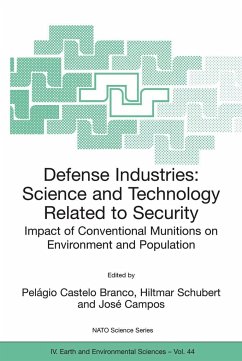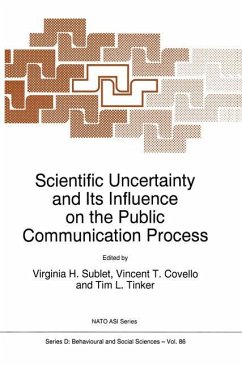
Process and Plant Safety
Versandkostenfrei!
Versandfertig in 6-10 Tagen
117,69 €
inkl. MwSt.
Weitere Ausgaben:

PAYBACK Punkte
0 °P sammeln!
Accidents in industrial installations are random events. Hence they cannot be totally avoided. Only the probability of their occurrence may be reduced and their consequences be mitigated. The book proceeds from hazards caused by materials and process conditions to indicating engineered and organizational measures for achieving the objectives of reduction and mitigation. Qualitative methods for identifying weaknesses of design and increasing safety as well as models for assessing accident consequences are presented. The quantitative assessment of the effectiveness of safety measures is explaine...
Accidents in industrial installations are random events. Hence they cannot be totally avoided. Only the probability of their occurrence may be reduced and their consequences be mitigated. The book proceeds from hazards caused by materials and process conditions to indicating engineered and organizational measures for achieving the objectives of reduction and mitigation. Qualitative methods for identifying weaknesses of design and increasing safety as well as models for assessing accident consequences are presented. The quantitative assessment of the effectiveness of safety measures is explained. The treatment of uncertainties plays a role there. They stem from the random character of the accident and from lacks of knowledge of some of the phenomena to be addressed. The reader is acquainted with the simulation of accidents, with safety and risk analyses and learns how to judge the potential and limitations of mathematical modelling. Risk analysis is applied amongst others to "functional safety" and the determination of "appropriate distances" between industry and residential areas (land-use planning). This shows how it can be used as a basis for safety-relevant decisions. Numerous worked-out examples and case studies addressing real plants and situations deepen the understanding of the subjects treated and support self-study.














